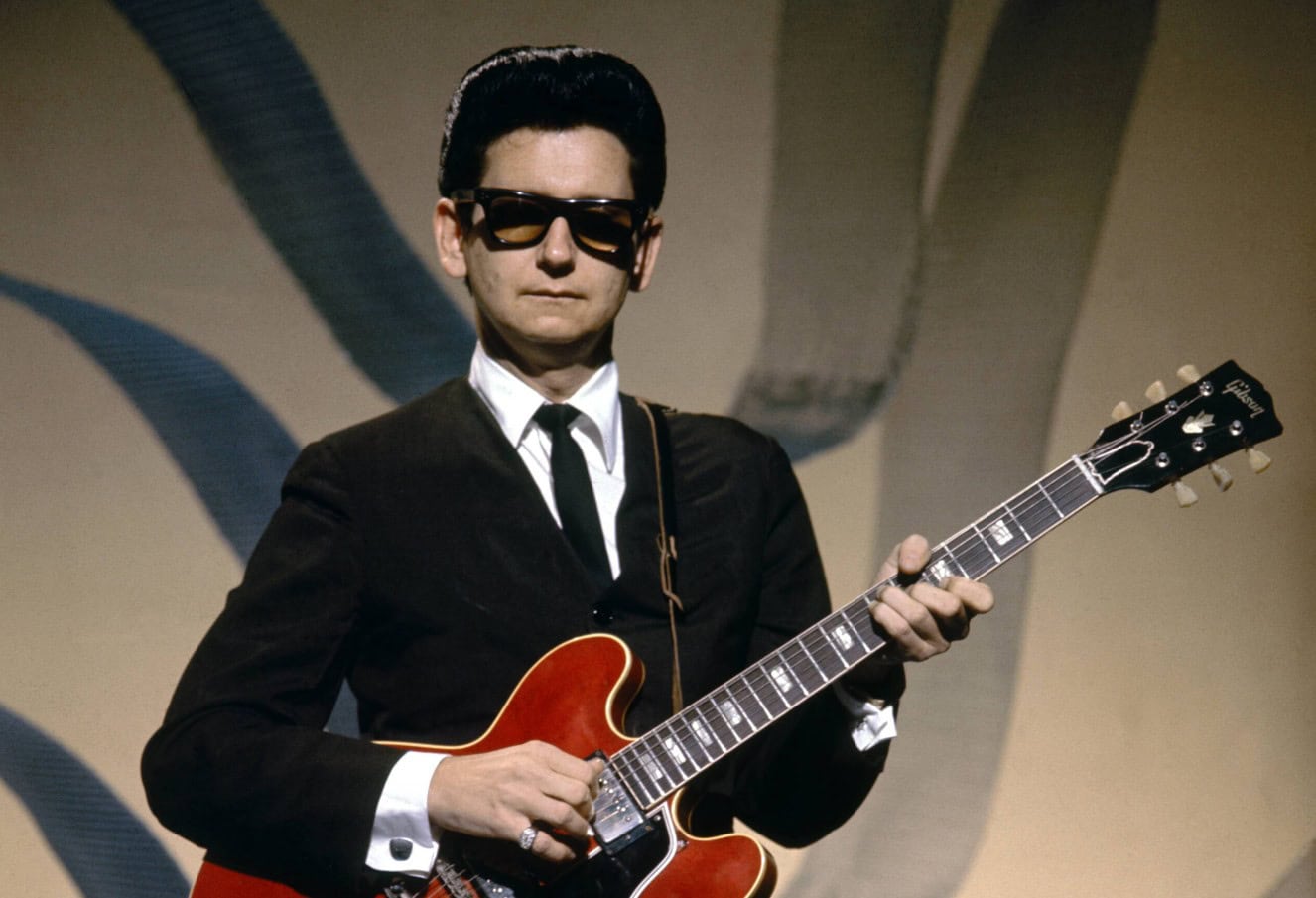
About the song
“Oh, Pretty Woman,” often referred to simply as “Pretty Woman,” stands as one of the most iconic songs of the 1960s and a hallmark of Roy Orbison’s illustrious career. Released in August 1964, the song was co-written by Orbison and his frequent collaborator Bill Dees. Recorded and released by Monument Records, “Oh, Pretty Woman” quickly climbed the charts, securing its place as a monumental hit.
The song’s infectious melody and Orbison’s distinctive, powerful voice propelled it to the top of the Billboard Hot 100, where it held the number one position for three weeks starting on September 26, 1964. This achievement marked Orbison’s second and final single to reach number one in the United States, following “Running Scared.” Across the Atlantic, “Oh, Pretty Woman” also topped the UK Singles Chart for three weeks, further solidifying Orbison’s international appeal.
One of the intriguing aspects of the song lies in its dual versions: the single and the LP version on the album “Orbisongs.” While both versions are celebrated, they feature a slight lyrical difference. The LP version’s original lyric, “come with me baby,” was altered to “come to me baby” for the single release to avoid being considered too risqué at the time. Despite these minor differences, the song’s essence and charm remained intact, contributing to its massive success.
Commercially, “Oh, Pretty Woman” was a triumph, selling seven million copies and becoming a defining moment in Orbison’s career. In October 1964, the Recording Industry Association of America (RIAA) certified the single gold, recognizing its substantial sales. By the end of the year, Billboard ranked it as the number four song of 1964, reflecting its widespread popularity.
The song’s legacy extended well beyond its initial release. In 1988, Orbison’s performance of “Oh, Pretty Woman” during his HBO television special “Roy Orbison and Friends: A Black and White Night” earned him a posthumous Grammy Award for Best Male Pop Vocal Performance in 1991. The song’s enduring influence was further recognized in 1999 when it was inducted into the Grammy Hall of Fame and listed among the Rock and Roll Hall of Fame’s 500 Songs that Shaped Rock and Roll. Rolling Stone magazine also honored the song, ranking it number 224 on their “500 Greatest Songs of All Time” list in 2004.
Adding to its accolades, “Oh, Pretty Woman” was selected for preservation in the National Recording Registry by the Library of Congress on May 14, 2008. This prestigious recognition ensures that the song’s cultural, historical, and aesthetic significance will be preserved for future generations.
“Oh, Pretty Woman” remains a timeless classic, exemplifying Roy Orbison’s unparalleled talent and the enduring appeal of his music. The song’s captivating rhythm, memorable lyrics, and Orbison’s emotive performance continue to resonate with audiences, securing its place in the annals of rock and roll history.
Video
Lyrics
Pretty woman walkin’ down the street
Pretty woman, the kind I’d like to meet
Pretty woman, I don’t believe you, you’re not the truth
No one could look as good as you
Mercy
Pretty woman, won’t you pardon me?
Pretty woman, I couldn’t help but see
Pretty woman, that you look lovely as can be
Are you lonely just like me?
Grrrow
Pretty woman, stop awhile
Pretty woman, talk awhile
Pretty woman, give your smile to me
Pretty woman, yeah, yeah, yeah
Pretty woman, look my way
Pretty woman, say you’ll stay with me
‘Cause I need you, I’ll treat you right
Come with me, baby, be mine tonight
Pretty woman, don’t walk on by
Pretty woman, don’t make me cry
Pretty woman, don’t walk away, hey
Okay
If that’s the way it must be, okay
I guess I’ll go on home, it’s late
There’ll be tomorrow night, but wait
What do I see?
Is she walkin’ back to me?
Yeah, she’s walkin’ back to me
Oh, oh, pretty woman